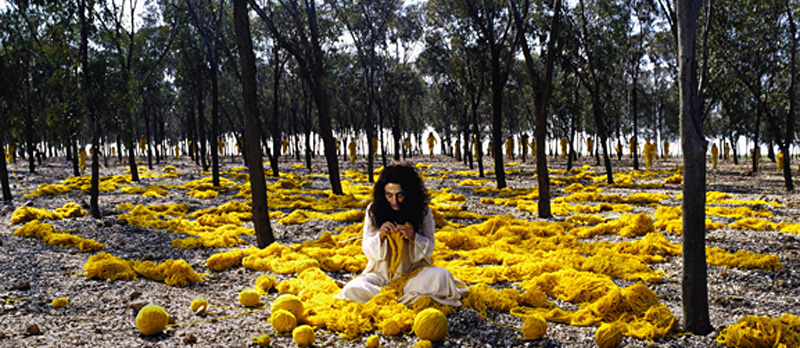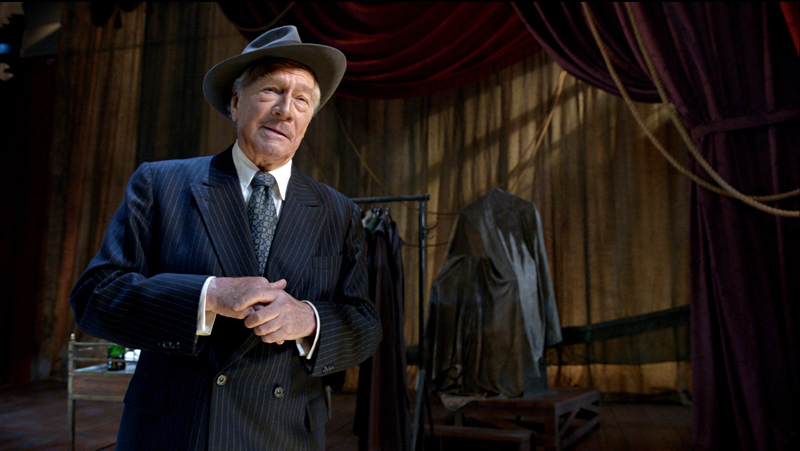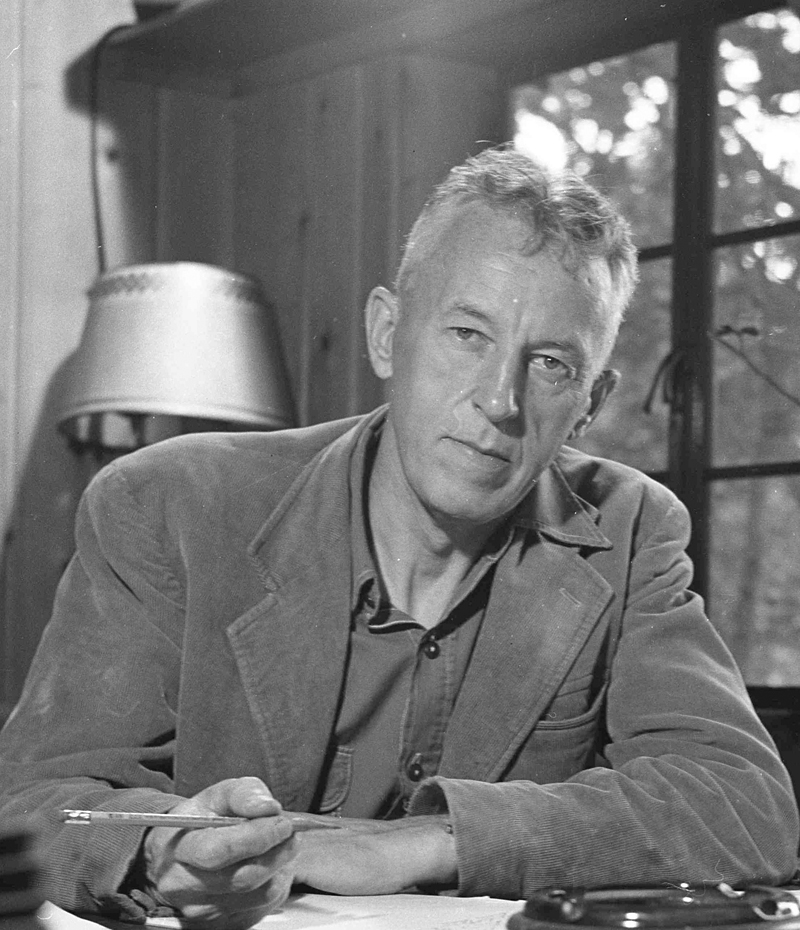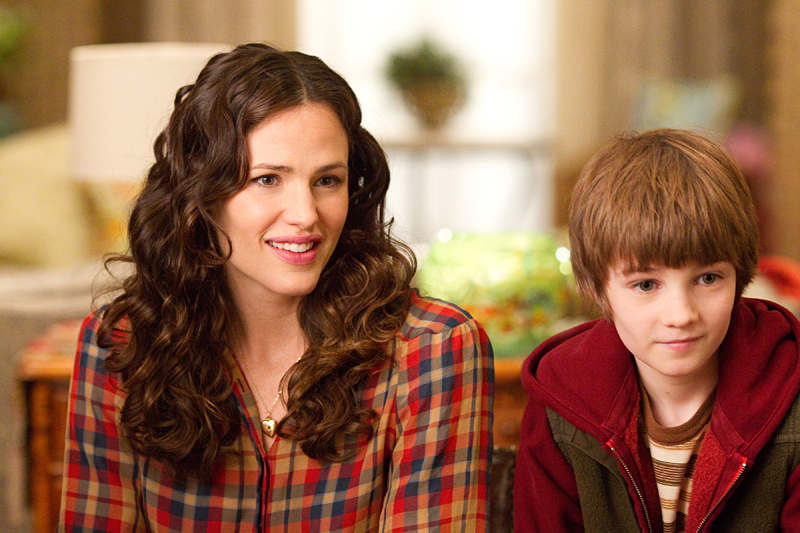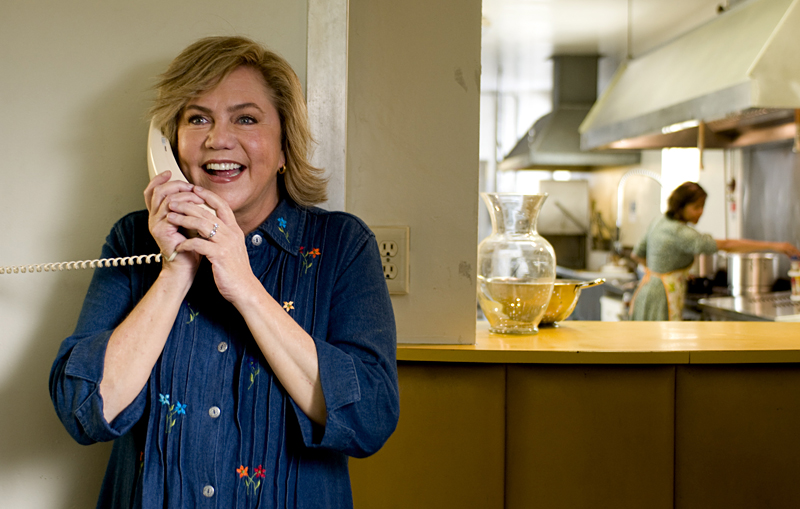Adapted from Shahrnoush Parsipour’s novel of the same name, Women Without Men opens with an act of suicide and the voiceover, “And I thought the only freedom from pain is to be free from the world.” Directed by Iranian artist Shirin Neshat, the film follows the interwoven, tragic paths of four women in Iran during the summer of 1953, when political upheaval stirred by Western power plays resulted in the fall of democracy and the fanning of religious fundamentalism. Fledgling political activist Munis (Shabnam Toloui), whose suicide opens the film, lives with a brother who browbeats her about her failure to conform to religious dictates; bone-thin, dead-eyed Zarin (Orsolya Tóth; also see Johanna) works in a brothel for a brutal madam before running away; the devout Faezeh (Pegah Ferydoni) dreams of nothing but marriage until an act of violence forces her to re-evaluate her life; and unhappily married Fakhri (Arita Shahrzad) flees from her marriage to a boorish army officer after a past love—a cultured man—returns to her life. With a screenplay by Neshat and Shoja Azari, the film’s dialogue is often didactic, but that weakness is forgiven in the face of stellar acting from the ensemble and gorgeously composed and shot images, from the carefully draped bodies in a bathhouse to the desolate Zarin’s trek down an isolated road as the fabric she’s draped in flaps around her body.
Women Without Men: Forbidden Love in 1950s Iran
